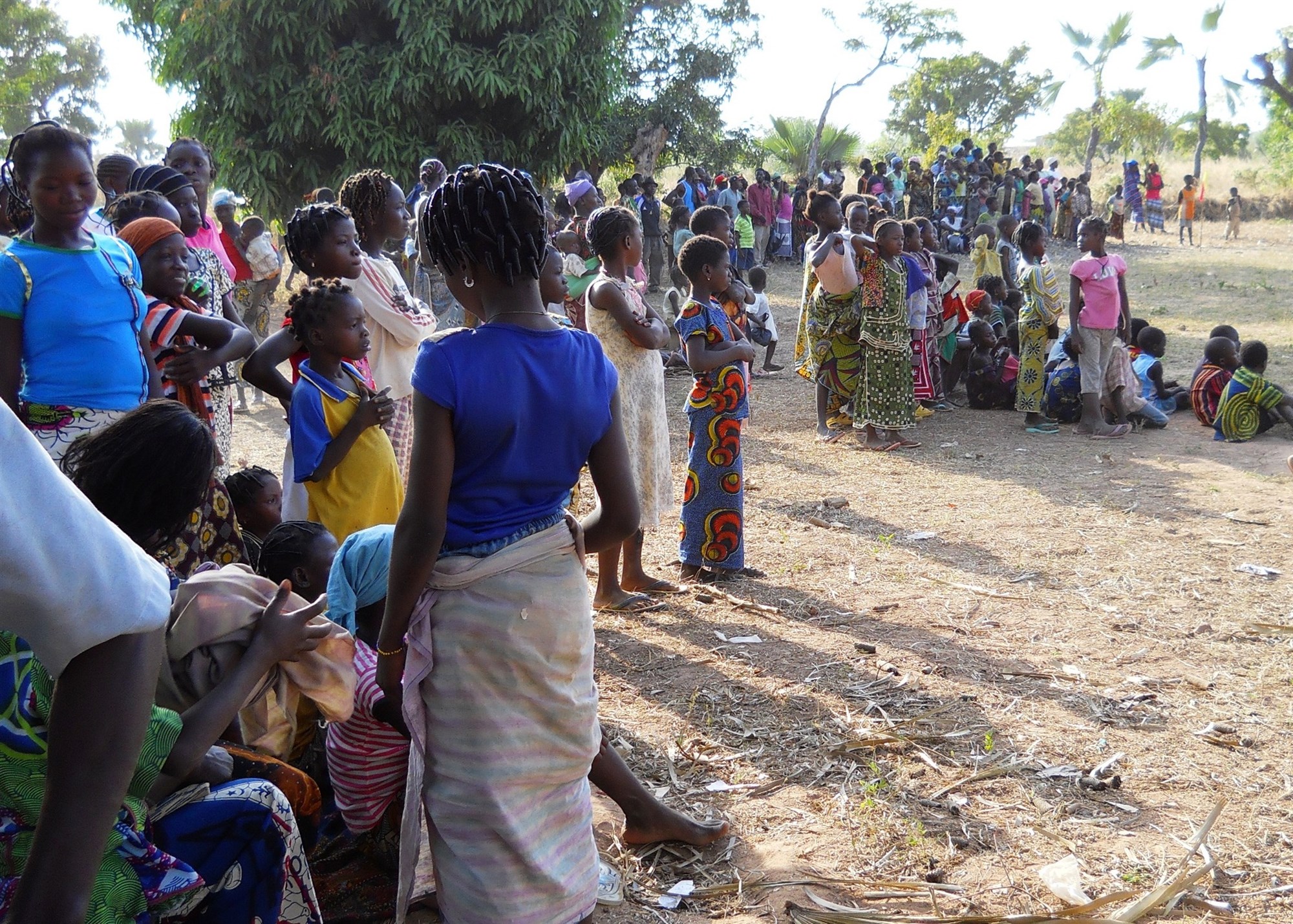In an increasingly collaborative security environment, U.S. troops are finding more opportunities to train and mentor partner militaries on programs and techniques that make the U.S. military successful.
Among other things, the U.S. military enjoys one distinction that enables it to innovate faster and more effectively than ever before: the professional Non-Commissioned Officer Corps.
"Essentially, professionalizing a security force includes instilling a sense of duty and a commitment to defending a community or a nation," said Capt. Jeremy X. Sparks, a Special Operations Command-Africa military liaison who works at the U.S. embassy in Burkina Faso.
U.S. forces regularly train with security forces from Burkina Faso-for example during the annual Africa Command-sponsored regional training exercise Flintlock-which provides these forces with training in areas such as counter-terrorism tactics and humanitarian assistance.
While the forces have advanced in their security capacity, they are also advancing in their relationships with the populations they support
"In a broad sense, this particular project is geared towards enhancing dialogue and understanding between the civilian populace and the military of Burkina Faso," said Sparks. "The general thinking is that by having an increased sense of cooperation and dialogue between them, the civilian population would be more inclined to report security concerns to the military. This has the propensity to decrease the spread of violent extremism and possibly the recruitment of terrorists in the Trans Sahel."
The program entails military officials from the U.S. embassy travelling throughout the country and conducting a one-day NCO development seminar at each location. The core curriculum encompasses 12 hours of instruction on Followership, Leadership and Civic Relations. Each seminar averages approximately 45 or more Burkinabe NCOs participating.
Following the seminar, each NCO participates in a community relations project in their location, which frequently involves building a soccer field. The process involves selecting a community that the services would like to improve relations with and then clearing trash and debris, and finally, constructing a playing field.
Once the field is complete, the senior Burkina Faso military official hosts a reception to dedicate the field to the community and distributes goals, nets, balls, uniforms and other supporting equipment. The event culminates with a soccer match between the military team and the village team, which has generally been attended by approximately three thousand spectators and is widely covered by local press.
"These events are the perfect opportunity to have a public gathering and dialogue between the two entities," said Sparks. "Soccer is a universal idea in Africa and is the perfect medium to bring about the discussion of reconciliation."
The project, which began in July 2011, has resulted in three communities with new soccer fields and appears to have improved relationships among the citizens of each community and the security forces assigned to protect them.





